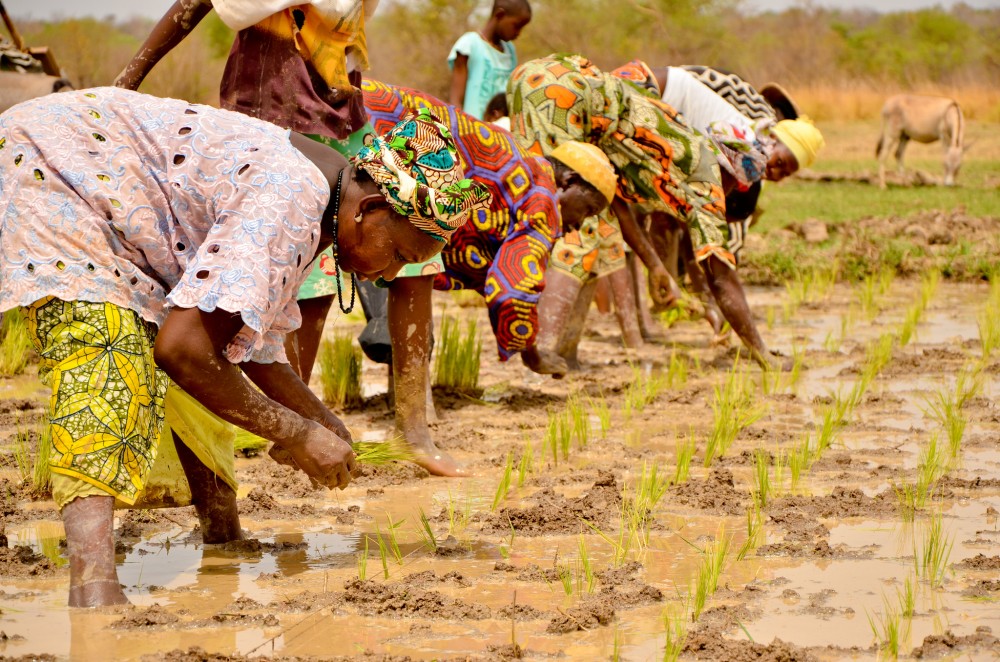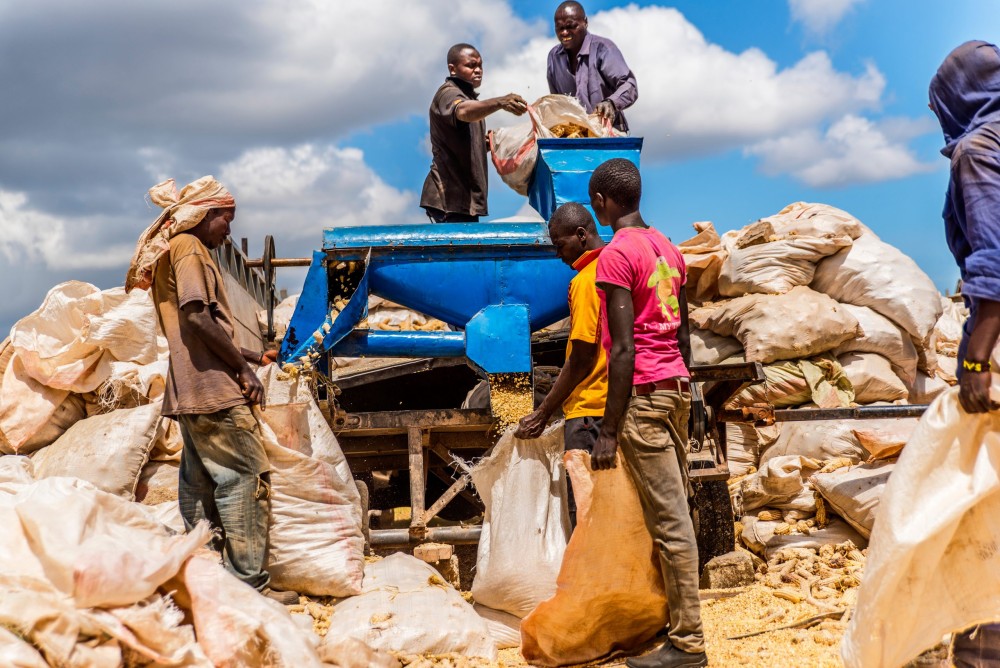Tanzania, a country located in the eastern part of Africa, has been grappling with food insecurity for many years. Despite its rich agricultural potential, the country has not fully realized its capacity to attain sustainable food security. As per the World Food Programme (2021), approximately 4.3 million Tanzanians are food insecure and struggle to meet their daily dietary needs. This article seeks to impartially discuss and analyze the existing data surrounding this issue, aiming to shed light on the potential pathways towards a food-secure future in Tanzania.
The Challenges
Tanzania’s struggle with food insecurity can be traced to multiple interconnected factors. To begin, agriculture, the country’s backbone, employs around 65% of its working population, yet it remains largely subsistence-oriented and weather-dependent (World Bank, 2022). Many farmers still rely on traditional farming methods, with only about 15% utilizing modern agricultural techniques (FAO, 2022). Furthermore, climate change exacerbates the situation by affecting rainfall patterns, causing droughts and floods that destabilize agricultural productivity.
Infrastructure challenges also affect Tanzania’s food security status. Lack of accessible roads and adequate storage facilities often results in post-harvest losses, estimated to be around 30% of the total crop yield (FAO, 2022). Additionally, the limited access to affordable credit for farmers has stifled the adoption of improved farming practices and technologies.

Differing Perspectives
While the situation appears dire, opinions on how to address food security in Tanzania vary. Some experts argue for the need to modernize agriculture through the introduction of high-yield crop varieties, mechanization, and digital technologies. They posit that modernizing agriculture will increase productivity, reduce post-harvest losses, and hence, alleviate food insecurity.
On the other hand, proponents of sustainable agriculture argue for preserving indigenous farming practices and leveraging them for organic farming. They believe that these practices, coupled with climate-smart agricultural practices, can enhance resilience and productivity in the long run without jeopardizing the ecosystem.
Another perspective is the focus on policy and institutional reforms to provide an enabling environment for agriculture. Critics argue that policies like subsidies on agricultural inputs are often misdirected and not reaching the intended smallholder farmers. They suggest that a more targeted policy approach could foster a more sustainable agricultural sector.
Harnessing Diversity: Building a Sustainable Path to Food Security in Tanzania
It’s clear that Tanzania’s journey towards food security is a complex one, requiring concerted efforts from various stakeholders. The potential of modern agricultural practices cannot be overlooked; however, it must be integrated carefully to preserve biodiversity and mitigate environmental impacts. Programs like the Southern Agricultural Growth Corridor of Tanzania (SAGCOT), which aim to improve agricultural productivity through private-public partnerships, should be supported and scaled.
Moreover, the preservation of indigenous farming practices and their integration into sustainable agriculture is equally important. Such practices are often climate-resilient and can contribute to biodiversity conservation, offering a sustainable pathway to food security.
Institutional reforms are critical. Strengthening agricultural institutions and refining policies can create an enabling environment for agriculture. Improved targeting of subsidies, investment in rural infrastructure, and provision of affordable credit for farmers are some policy measures that could strengthen the agricultural sector.
Cultivating a food-secure future in Tanzania requires a multifaceted approach. It involves modernizing agriculture, preserving indigenous farming practices, and strengthening policy and institutional frameworks. Achieving these goals will be a monumental task requiring political will, investments, and partnership among various stakeholders. While challenges persist, the potential for Tanzania to achieve food security is promising, provided these diverse strategies are thoughtfully implemented and coordinated.

